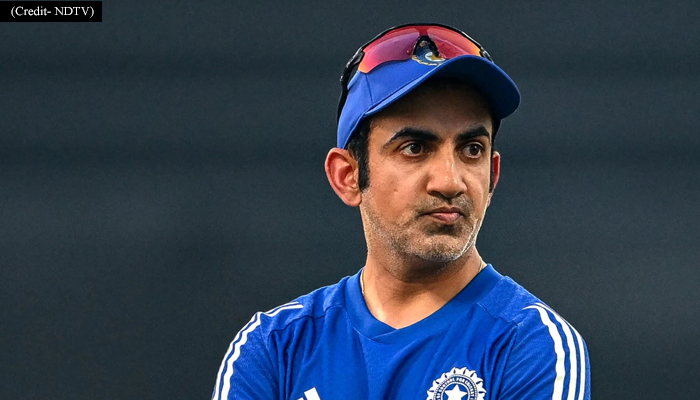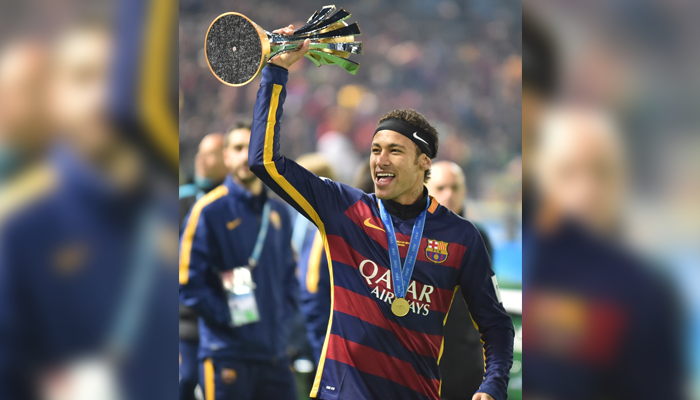
As the first African American to play in Major League Baseball (MLB) in the modern era, Robinson's impact on the game and society is profound and enduring.
Jackie Robinson's legacy extends far beyond the baseball diamond. His journey, marked by perseverance, talent, and a commitment to social justice, transformed the landscape of American sports and catalyzed the civil rights movement.
Early Life and Path to the Major Leagues
Born on January 31, 1919, in Cairo, Georgia, Jack Roosevelt Robinson grew up in Pasadena, California. Despite facing racial prejudice from a young age, Robinson excelled in multiple sports during his school years, particularly baseball, football, basketball, and track. His athletic prowess earned him a scholarship to UCLA, where he became the first athlete to letter in four sports.
Robinson's path to the MLB began in the Negro Leagues, where he played for the Kansas City Monarchs in 1945. His exceptional performance caught the attention of Brooklyn Dodgers' general manager Branch Rickey, who was searching for the right player to break the ethnic barrier in baseball. Rickey's vision extended beyond Robinson's athletic ability; he needed someone with the courage and composure to withstand the inevitable racism and hostility. Robinson, with his remarkable fortitude, was deemed the perfect candidate.
Breaking the Ethnic Barrier
On April 15, 1947, Robinson debuted for the Brooklyn Dodgers, ending over six decades of racial segregation in professional baseball. His entry into the league was met with mixed reactions. While many celebrated his presence as a monumental step toward racial equality, others reacted with vitriol and hostility. Robinson faced jeers from the stands, threats to his safety, and resistance from some teammates and opponents. Despite this, he maintained his dignity and professionalism, focusing on his performance on the field.
Robinson's rookie season was nothing short of spectacular. He batted .297, scored 125 runs, and led the league in stolen bases, earning him the inaugural Rookie of the Year Award. His success not only proved his critics wrong but also paved the way for other African American players to join the MLB.

Impact on Baseball and Society
Robinson's influence on baseball was immediate and profound. His presence challenged the status quo, forcing the league and its fans to confront their prejudices. His exceptional play demonstrated that talent transcends race, and his courage inspired countless individuals. By 1949, Robinson's third season, he won the National League Most Valuable Player (MVP) award, leading the league in batting average and stolen bases.
Off the field, Robinson became a vocal advocate for civil rights. He used his platform to speak out against racial injustice, working alongside prominent leaders like Martin Luther King Jr. and participating in the Civil Rights Movement. Robinson's activism extended to his post-baseball career, where he continued to fight for equality and social justice.
Legacy and Recognition
Jackie Robinson's legacy is immortalized in numerous ways. In 1962, he was inducted into the Baseball Hall of Fame, becoming the first African American to receive this honor. His number, 42, was retired across all MLB teams in 1997, symbolizing his monumental impact on the sport. Every year on April 15, known as Jackie Robinson Day, players and fans alike commemorate his contributions by wearing his number, celebrating his life and legacy.
Robinson's story is a testament to the power of resilience and determination in the face of adversity. His ability to excel despite overwhelming odds and his unwavering commitment to justice have made him an enduring symbol of courage and hope.
Robinson's life and career continue to inspire generations, reminding us that the fight for equality and justice is far from over. His story remains a powerful example of how one individual's courage and conviction can effect profound change.












